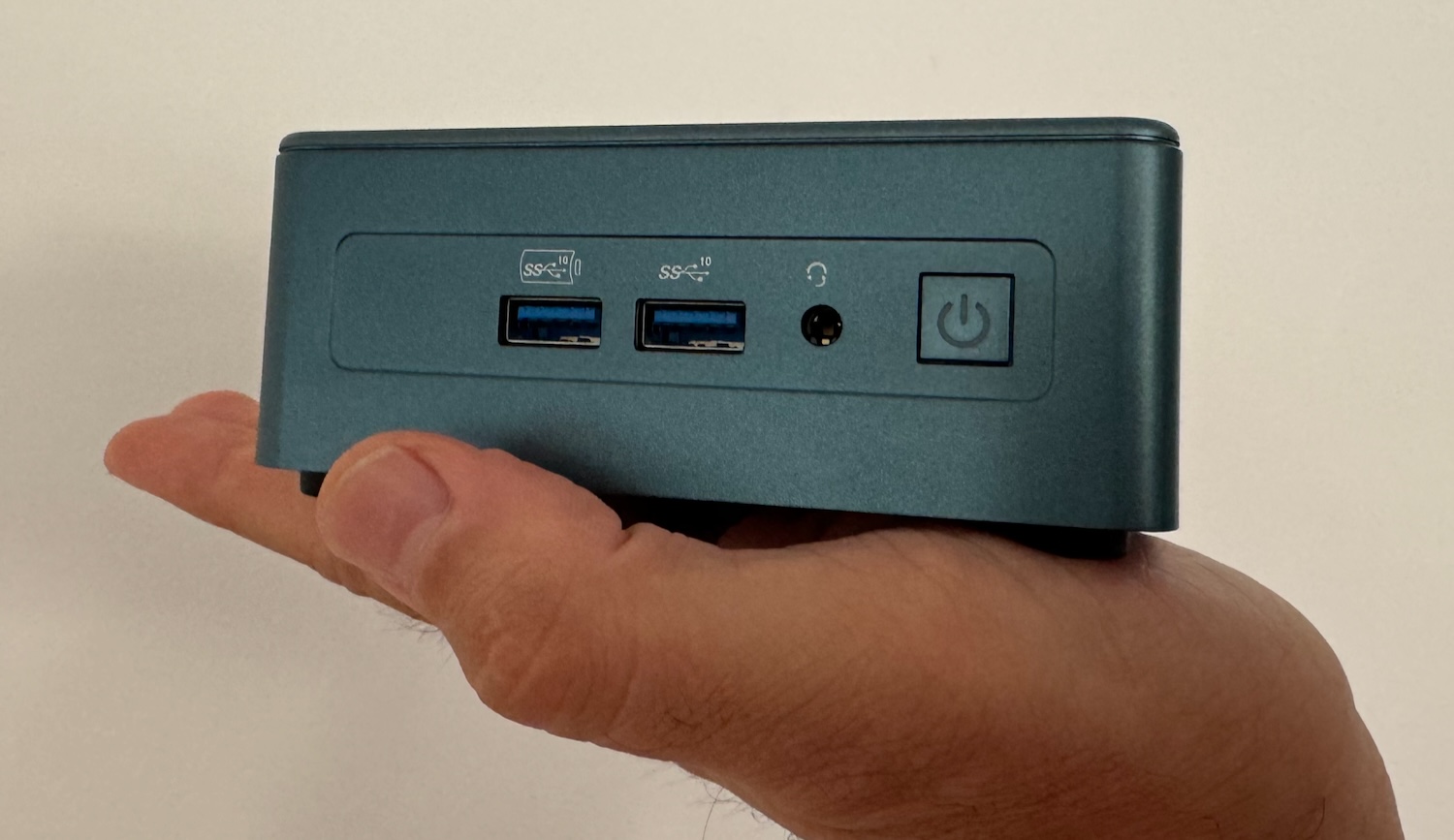Forward-looking: Big tech companies are proposing the use of passkeys as a more secure and easy-to-use alternative to traditional passwords. Microsoft has hailed passkeys as the future of authentication, stating that they eliminate the need for the “complex” password creation process and the hassle of remembering (or storing) them.
Google introduced support for passkeys in 2022 during World Password Day. Now, the company is revealing how far the authentication technology has come and where it is heading. According to the search giant, passkeys have been used as an authentication measure over 1 billion times, across 400 million-plus Google accounts.
Google highlights how passkeys are resistant to phishing, as they rely on fingerprints, face scans, or PINs for user authentication. They are 50 percent faster than passwords, and they are now the most used authentication method on Google accounts when compared with “legacy” technologies such as SMS-based one-time passwords (OTP) or app-based OTPs.
Google will soon start supporting passkeys in the company’s strongest security offering, the Advanced Protection Program. APP has been designed to protect high-risk users such as campaign workers and candidates, journalists, human rights workers, activists, and more. The authentication method usually requires a hardware security key as a second factor, but it will soon support passkeys as well.
APP support for passkeys will be critical during this year’s elections, Google added.

Another significant improvement for passkey adoption is the ability of third-party password vendors to use Google’s passkey management APIs on Android and other operating systems. Popular password managers such as Dashlane and 1Password can now provide passkey support, an important update that gives users more control along with the ability to store passkeys on security keys.
The technology industry is showing significant support for passkey-based authentication, and the list of Google’s partners keeps growing. In just 12 months, early adopters of the technology (eBay, Uber, PayPal, WhatsApp) were joined by Amazon, 1Password, Dashlane, DocuSign, Kayak, Mercari, Shopify, and Yahoo! Japan.
In explaining how the technology works, Google stated that passkeys will replace passwords and essentially solve the many issues brought to the industry by a password’s inherent vulnerability. Even more sophisticated security measures such as multi-factor authentication, SMS messages, and authentication mobile apps will be replaced by passkeys, Google predicts.











